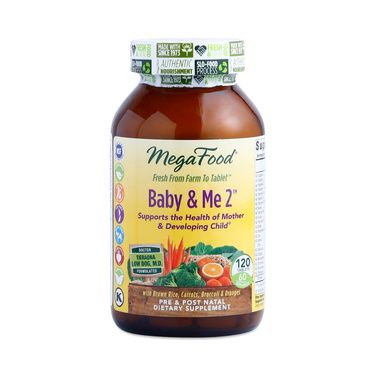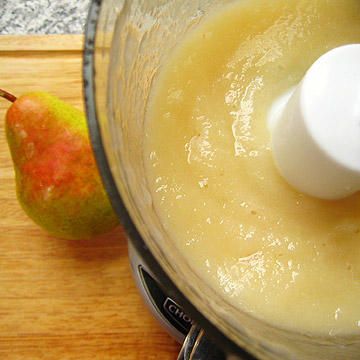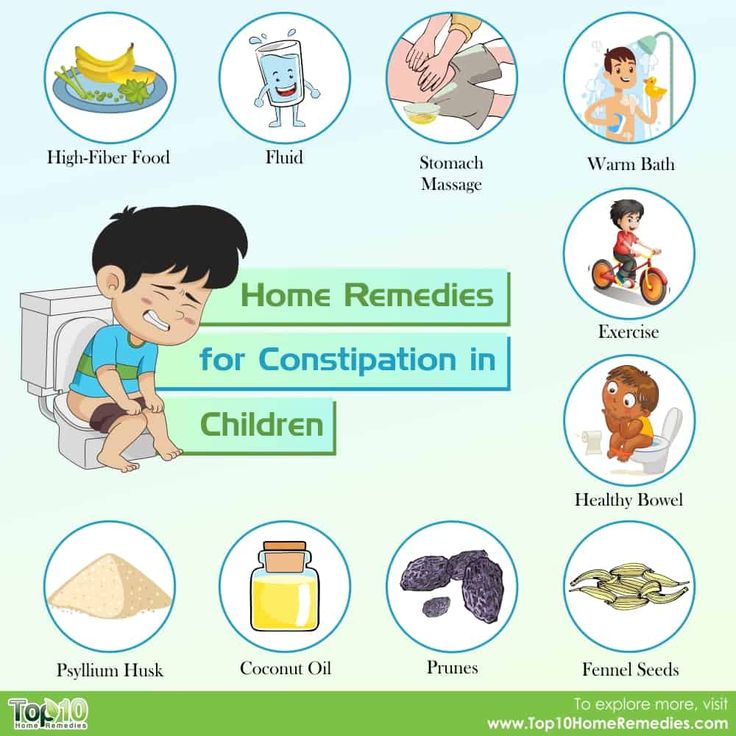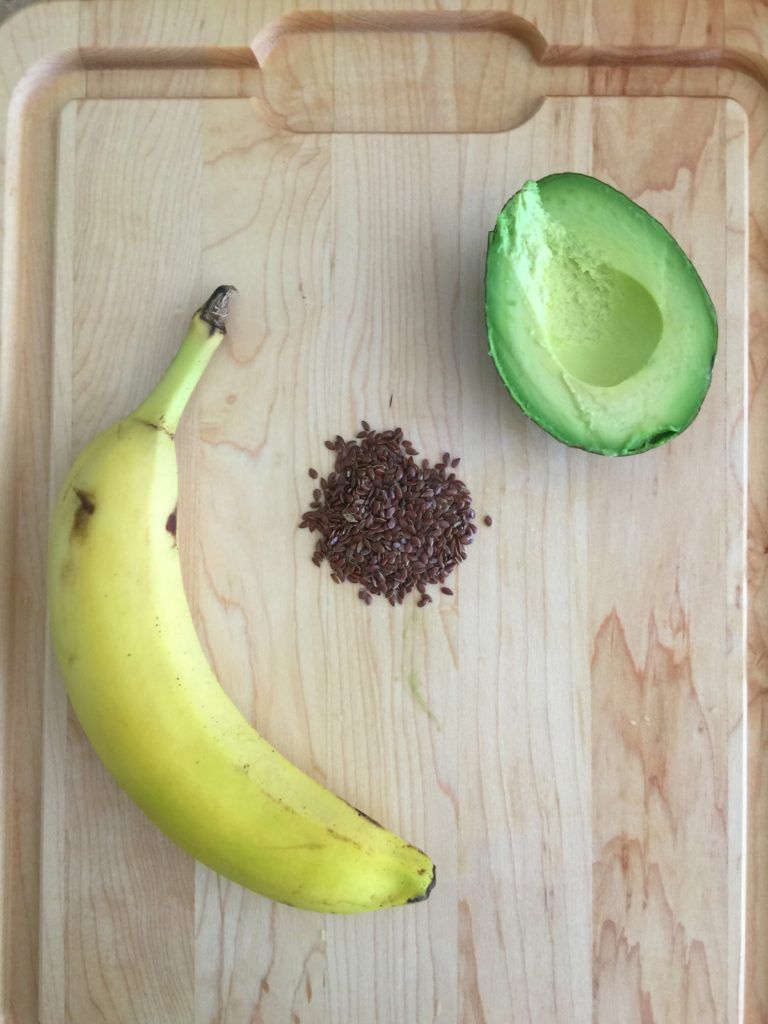Food supplement vitamins for baby
Supplements & Vitamins for Baby
RachelMS, RD, LDN, CSSD, CBS
Read time: 5 minutes
What to know about whether your baby needs extra vitaminsBreastmilk or formula provides your baby with most of the vitamins and minerals they need.1
Depending on the situation, possible supplements infants need include Vitamin K, Vitamin D, Vitamin B12, and iron.
During the first 6 months of life, your baby should exclusively be fed breastmilk and/or formula. Healthy full-term babies will likely get most of the vitamins and minerals they need from that breastmilk or formula.2,3
As your baby begins eating solid foods, usually around 6 months, breastmilk and formula will continue to provide the majority of nutrients and calories.22,23 Adding a variety of fruits and vegetables, whole grains, and protein-dense foods will help your child get more of the nutrients they need. A multivitamin is usually not necessary for babies under 1 year old.1,3
Read more: Nutrient Needs and Feeding Tips for 6 to 12 Month Olds
When does my baby need extra vitamins?Some babies may need additional vitamins, such as:
Premature infants, born weighing less than 3.3 pounds, will likely need extra vitamins and minerals added directly to breastmilk or formula.4
Babies who are exclusively as well as partially breastfed are recommended to be given vitamin D and potentially iron.5,6
Babies born to mothers who follow a strict vegan diet may need a B12 supplement.9
Be sure to chat with your child’s pediatrician before starting any supplements.
Which vitamin supplements could a baby need?Vitamin KWhat does vitamin K do? Vitamin K is necessary to help with blood clotting. 2,7
2,7
Who may need vitamin K? The American Academy of Pediatrics (AAP) recommends that all babies receive a one-time vitamin K injection shortly after birth to reduce the risk of hemorrhagic disease.11
Vitamin DWhat does vitamin D do? Vitamin D allows the body to absorb and retain calcium and phosphorus, both critical for building strong bones.27
What are symptoms of vitamin D deficiency? A vitamin D deficiency can lead to rickets, a bone-softening disease that still impacts children in the U.S., usually in the first two years of life.2,5
Who may need vitamin D? In many cases, breastmilk does not provide adequate vitamin D for baby.4,5 This is why the AAP and other health organizations recommend that all breastfed babies be supplemented with Vitamin D.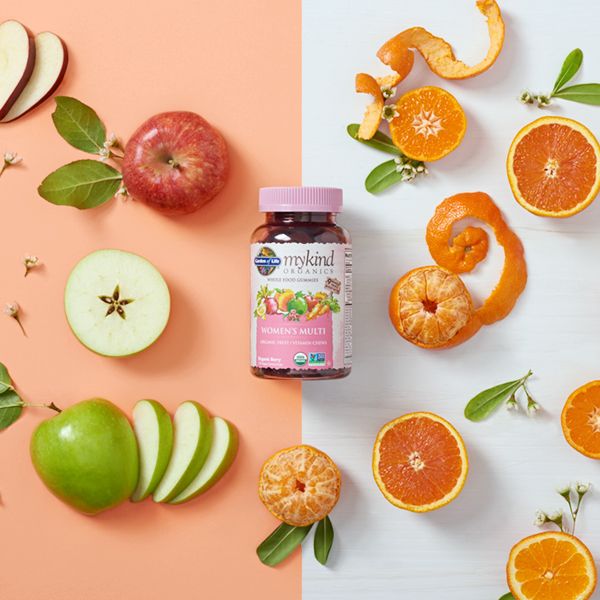 6,8
6,8
Formula fed babies generally do not need additional vitamin D supplementation because formula has vitamin D already added. If your baby is drinking at least 32 ounces of formula per day, they are receiving adequate amounts of vitamin D.2,6
Read more: Why Vitamin D Matters for Babies, Tots and Mama
Vitamin B12What does vitamin B12 do? Vitamin B12 keeps the body’s nerve and blood cells healthy and helps make DNA, the genetic material in all cells.9 Vitamin B12 deficiency can cause a type of anemia called megaloblastic anemia that makes people tired and weak.10
What are symptoms of vitamin B12 deficiency? Signs and symptoms of vitamin B12 deficiency in infants include vomiting, lethargy, anemia, failure to thrive, hypotonia (low muscle tone), and developmental delay/regression.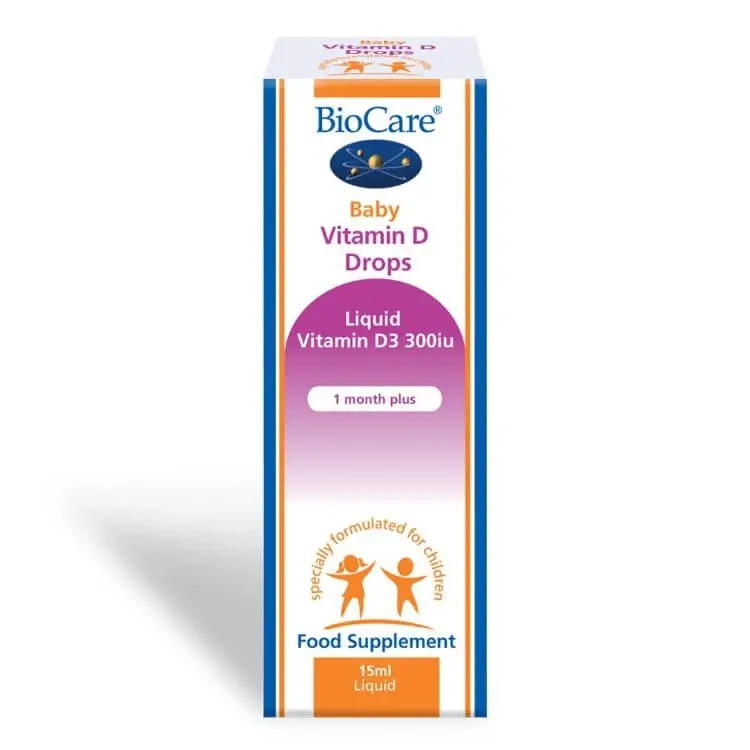 4,12 Breastfed infants may develop clinical signs of vitamin B12 deficiency before their mothers do.4
4,12 Breastfed infants may develop clinical signs of vitamin B12 deficiency before their mothers do.4
Who may need vitamin B12? Breastfeeding people who may need vitamin B12 include: Vegans and some vegetarians, those who have had weight loss surgery, or people with malabsorption concerns.9 Taking B12 is often necessary for these groups to help make sure that both themselves and their babies are receiving adequate amounts.
Infant formulas must contain vitamin B12, so formula fed babies usually get enough of this nutrient.
If your family is vegan or there are other risk factors for low B12, discussing your family’s diet with a registered dietitian can help provide some insight on supplementation or food choices.13
Read more: Vegan Diet during Pregnancy, Breastfeeding, and for the Family
IronWhat does iron do? Iron plays an important role in the delivery of oxygen to tissues throughout the body.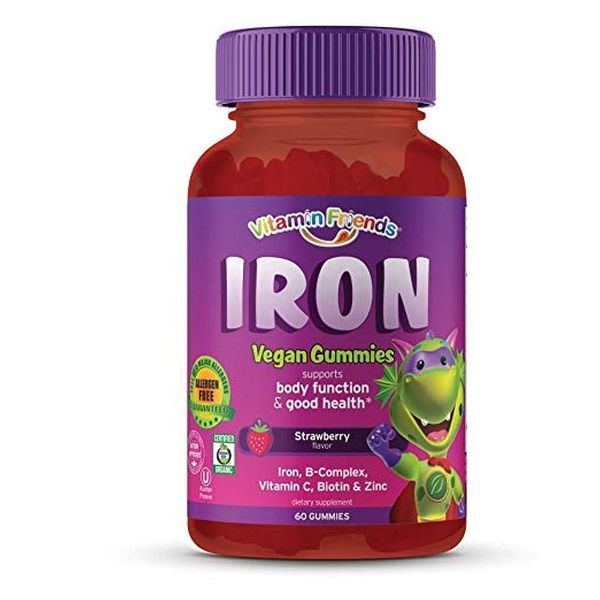 20 This mineral is also important for physical growth and brain development.20
20 This mineral is also important for physical growth and brain development.20
What are symptoms of iron deficiency? There are several levels of iron deficiency before iron deficiency anemia is diagnosed.20 Even mild and moderate deficiencies in babies and toddlers can cause symptoms such as shortness of breath, irritability, weakness, fatigue, and headaches.21
Who may need iron? Breastmilk is low in iron but most babies are born with sufficient reserves of iron while in the womb to protect them from anemia, at least until the age of 4-6 months.4 If you had poorly controlled gestational diabetes, or your baby was premature or smaller than 6 pounds at birth, your baby may not have gotten enough iron during pregnancy.4,14 There is also some research showing that delayed cord clamping at birth can help boost baby’s iron reserves.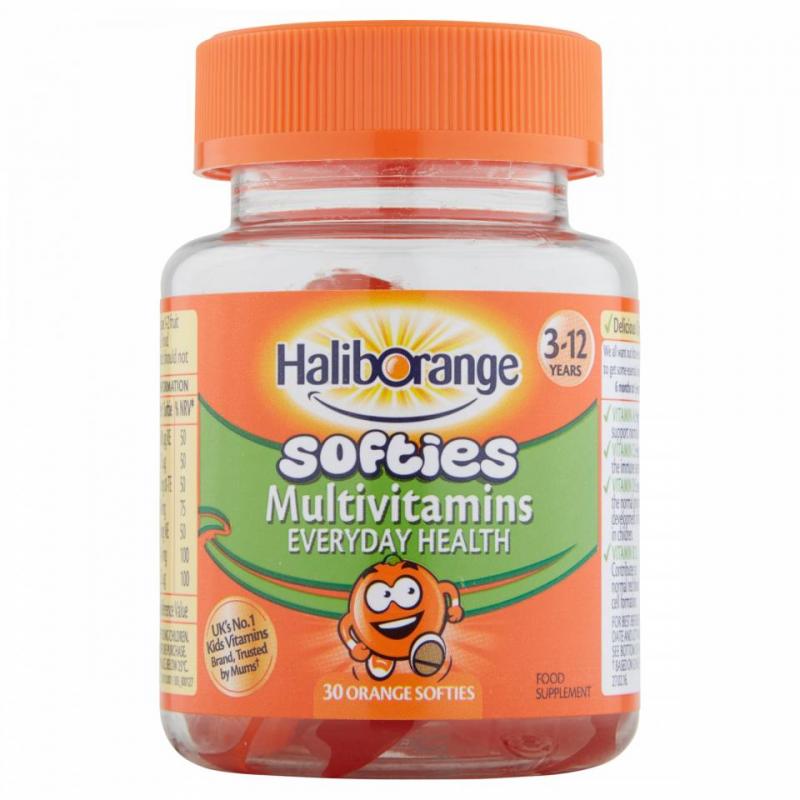 5
5
Babies who are formula fed are recommended to be provided an iron-fortified formula to meet their needs.6
The AAP Committee on Nutrition recommends exclusively and partially breastfed infants receive 1 mg/kg/day of a liquid iron supplement starting at 4-6 months, continuing until iron-containing solid foods are introduced at about six months of age.6,16 However other major organizations, including the Academy of Breastfeeding Medicine as well as the United States Preventative Services Task Force, do not find the research on supplementing your baby compelling enough to recommend supplementation for breastfed babies.5,20
Speak with your baby’s doctor about iron supplementation and whether it’s right for you and your baby.18
Introduce iron-rich foods once your baby begins eating solids.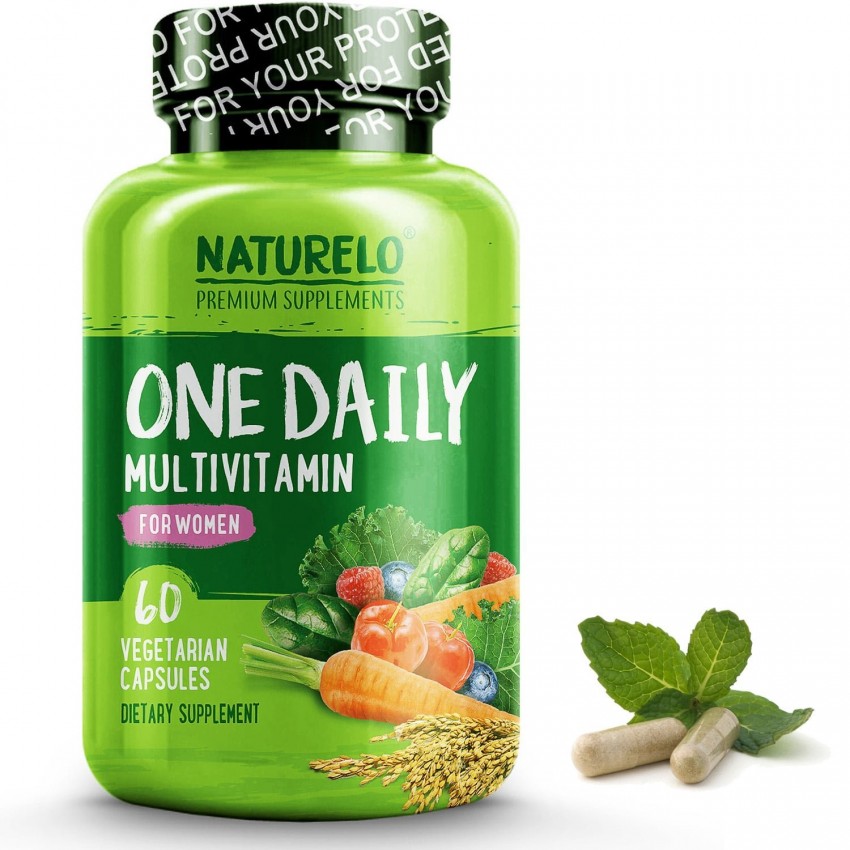 When you begin to introduce your baby to solid food, choose foods that contain iron, like fortified cereals, meats, fish, beans, and vegetables every day.
When you begin to introduce your baby to solid food, choose foods that contain iron, like fortified cereals, meats, fish, beans, and vegetables every day.
Include vitamin C rich foods as well to help iron be absorbed better.25
If you are already supplementing your infant with iron when introducing iron-containing foods, chat with baby’s healthcare provider to see if the iron supplement should be stopped.4,5
Read more:
Why is Iron Important for my Baby and toddler?
What Should I Know about Iron Deficiency Anemia during Pregnancy?
If you have more questions about whether your baby could benefit from vitamins or other supplements, reach out to our team of registered dietitians and moms are available from Monday – Friday 8 am – 6 pm (ET). Chat now!
What to do to make sure baby is meeting their vitamin and mineral needsIf formula feeding, continue to feed your baby with iron-fortified formula through the first yearYour baby is receiving adequate iron and vitamin D in their formula therefore it’s important to continue feeding them infant formula through the first year of life.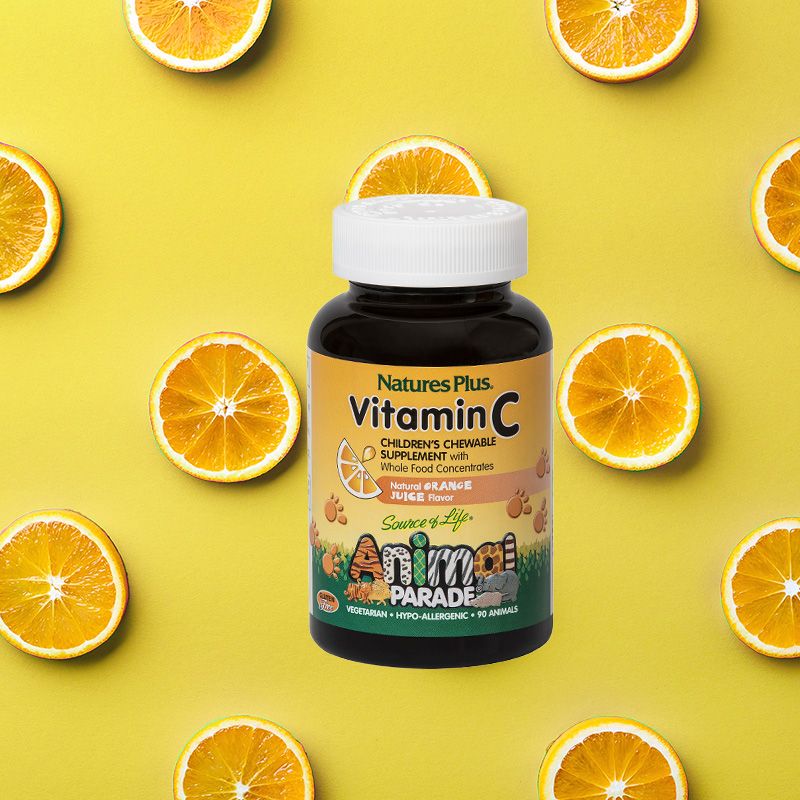 6
6
If you are breastfeeding, chat with your infant’s healthcare provider about supplementing with iron and vitamin D. They’ll let you know if your little one needs a supplement, how much to give, and how long to supplement for.
Tip: One way to supplement your infant is to place the liquid supplement on your nipple before latching baby to feed. Chat with your child’s healthcare provider for more tips on how to give your baby the supplements they may need.
Understand that your preemie may have different needsIf your baby was born prematurely, they may need more iron than a term baby or need larger amounts of other nutrients.9 Speak with your baby’s doctor about your baby’s specific needs.
Do not introduce cow’s milk until after your baby’s first birthday
Babies who are fed cow’s milk (instead of breastmilk or iron-fortified formula) during the first year of life are more likely to develop iron-deficient anemia because the cow’s milk proteins can affect your child’s iron status.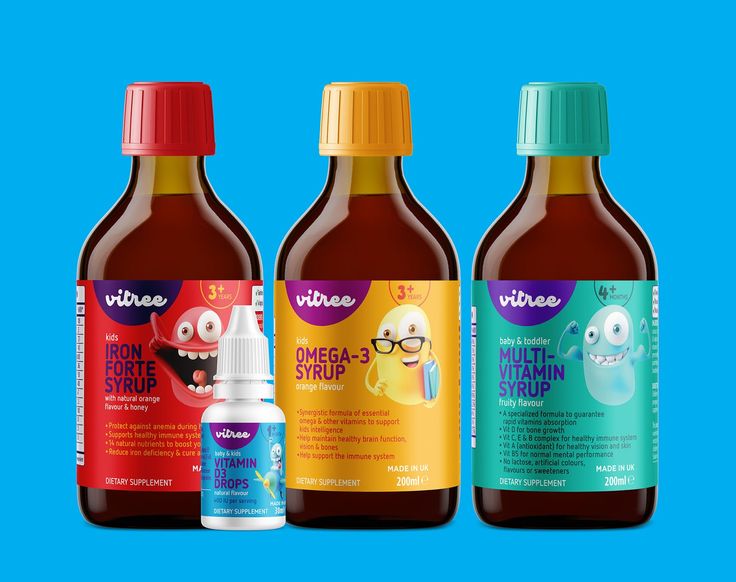 15,24
15,24
Note that while cups of cow’s milk are not recommended before a year, it is safe for your little one to have the small amounts of milk used in baking and cooking. And as long as your child does not have a cow’s milk protein allergy or lactose intolerance, it is also safe for them to eat cheese and yogurt in the texture they can handle.26
Let's Chat!
We know parenting often means sleepless nights, stressful days, and countless questions and confusion, and we want to support you in your feeding journey and beyond.
Our Happy Baby Experts are a team of lactation consultants and registered dietitians certified in infant and maternal nutrition – and they’re all moms, too, which means they’ve been there and seen that. They’re here to help on our free, live chat platform Monday - Friday 8am - 6pm (ET).Chat Now!
Read more about the experts that help write our content!
For more on this topic, check out the following articles:
Meal Plan for 6 to 9 Month Old Baby
Why does Vitamin C Matter for Babies, Tots and Mama
Meeting Your Needs and Baby’s on a Vegetarian Diet
Does your Toddler need Vitamins or Supplements
Why does Vitamin B12 Matter for Babies, Tots, and Mama?
Sources
Vitamins for children - NHS
Vitamin supplements
The government recommends all children aged 6 months to 5 years are given vitamin supplements containing vitamins A, C and D every day.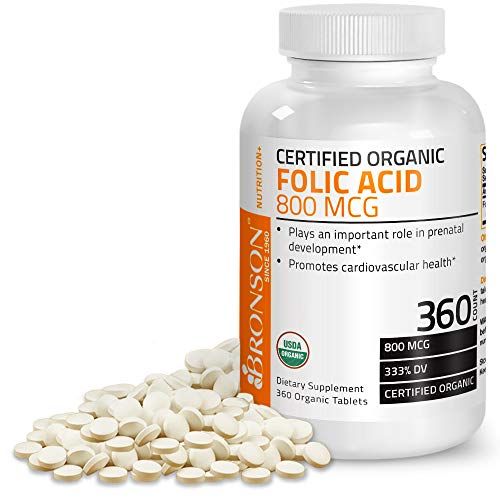
Babies who are having more than 500ml (about a pint) of infant formula a day should not be given vitamin supplements. This is because formula is fortified with vitamins A, C and D and other nutrients.
Babies who are being breastfed should be given a daily vitamin D supplement from birth, whether or not you're taking a supplement containing vitamin D yourself.
Where you can get baby vitamin drops
Your health visitor can give you advice on vitamin drops and tell you where to get them.
You're entitled to free vitamin drops if you qualify for Healthy Start.
The Department of Health and Social Care only recommends vitamin supplements containing vitamins A, C and D.
But some supplements you can buy contain other vitamins or ingredients. Talk to a pharmacist about which supplement would be most suitable for your child.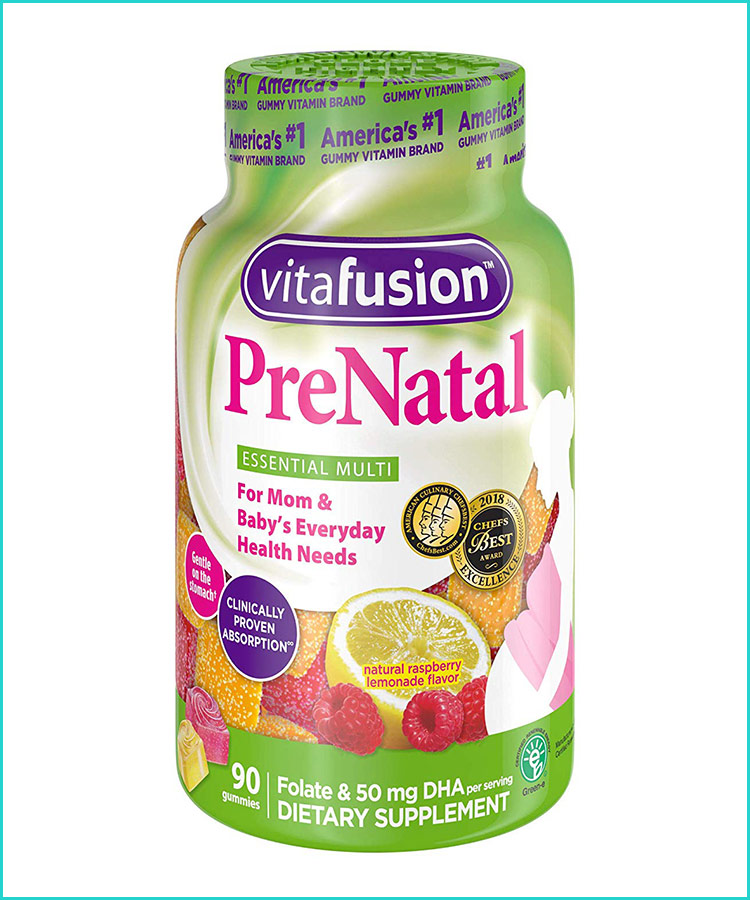
Having too much of some vitamins can be harmful. Keep to the dose recommended on the label, and be careful not to give your child 2 supplements at the same time.
For example, do not give them cod liver oil and vitamin drops because cod liver oil also contains vitamins A and D. One supplement on its own is enough, as long as it contains the recommended dose of vitamin D.
Vitamin D
Vitamin D is only found in a few foods, such as oily fish and eggs. It's also added to some foods, such as fat spreads and breakfast cereals. But it’s difficult to get enough vitamin D from food alone.
The main source of vitamin D is summer sunlight on our skin. But it's important to keep your child's skin safe in the sun.
Children should not be out in the sun too long in hot weather. Remember to cover up or protect their skin before it turns red or burns.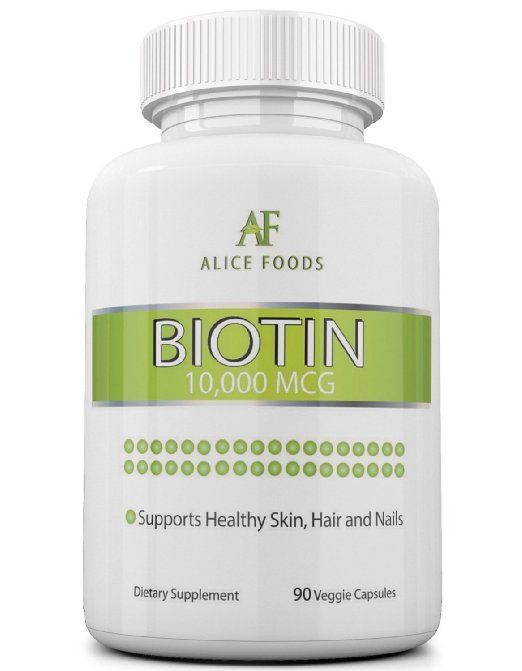
Young children should still have vitamin drops, even if they get out in the sun.
The Department of Health and Social Care recommends:
- Babies from birth to 1 year of age who are being breastfed should be given a daily supplement containing 8.5 to 10 micrograms of vitamin D to make sure they get enough. This is whether or not you're taking a supplement containing vitamin D yourself.
- Babies fed infant formula should not be given a vitamin D supplement if they're having more than 500ml (about a pint) of infant formula a day, because infant formula is fortified with vitamin D and other nutrients.
- Children aged 1 to 4 years old should be given a daily supplement containing 10 micrograms of vitamin D.
Vitamin A
Vitamin A is important for babies and young children, and some may not be getting enough.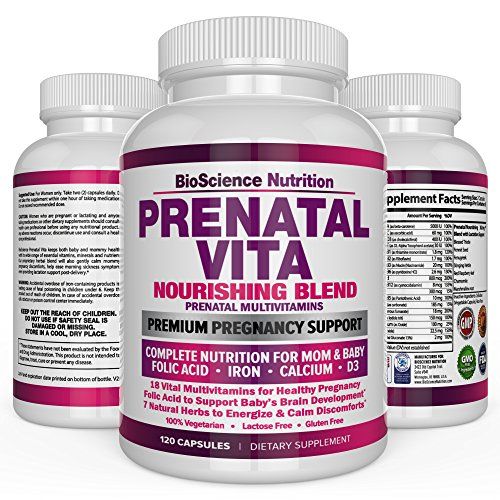
It's needed for a healthy immune system, can help their vision in dim light, and keeps skin healthy.
Good sources of vitamin A include:
- dairy products
- fortified fat spreads
- carrots, sweet potatoes, swede and mangoes
- dark green vegetables, such as spinach, cabbage and broccoli
Vitamin C
Vitamin C is important for your child's general health and immune system. It can also help their body absorb iron.
Good sources of vitamin C include:
- oranges
- kiwi fruit
- strawberries
- broccoli
- tomatoes
- peppers
A balanced diet for babies and young children
It's important for children to eat a wide variety of foods to make sure they're getting all the energy and nutrients they need to grow and develop properly.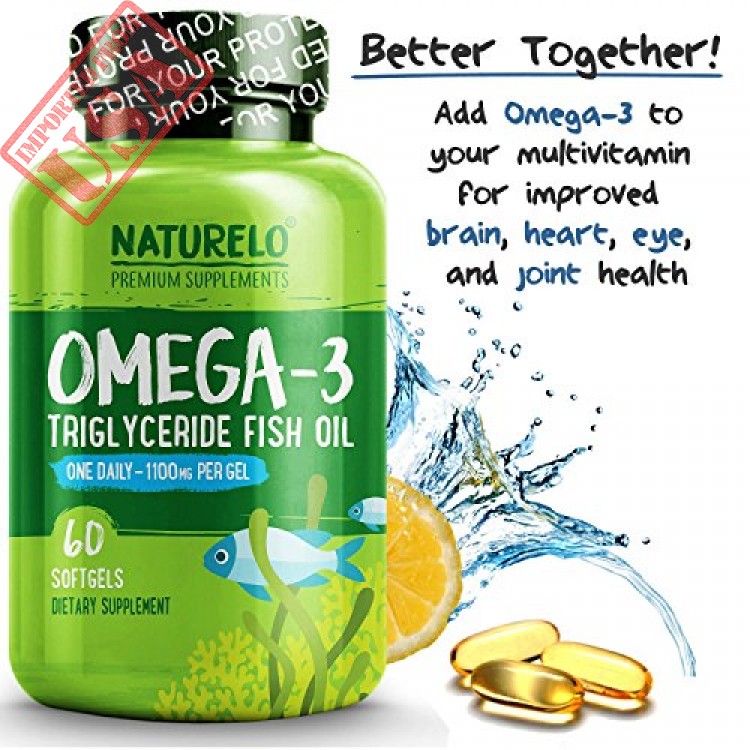
Get more advice and information on a balanced diet for babies and young children:
- Your baby's first solid foods
- What to feed young children
- Young children and food: common questions
- Fussy eaters
Page last reviewed: 16 April 2021
Next review due: 16 April 2024
Nutritional Supplements for Children and Adolescents: Pros and Cons
Although the market has been saturated with nutritional supplements for decades, their safety is still questionable. Especially often questions on this topic can be heard from parents who care about the health of children of different ages. Is it acceptable to use supplements in childhood and adolescence? Are they as necessary as the manufacturers say? Let's figure it out in this article.
Not all supplements are good for a child. At every age, the body has its own needs, and this must be taken into account.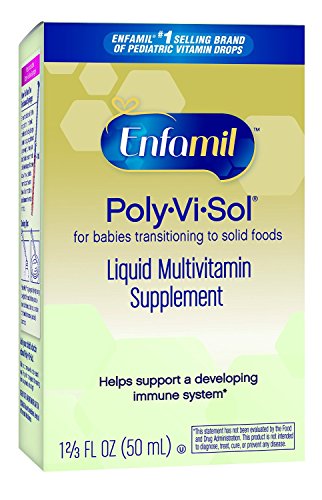 The following are recommendations for supplements that will help children grow and develop properly at different stages of growing up.
The following are recommendations for supplements that will help children grow and develop properly at different stages of growing up.
Toddlers under 2
Babies from birth to 2 years of age are in dire need of vitamin B12. When they are born, they receive a small supply of this substance, but it does not last long. And this is the case if the mother ate right. If not, the vitamin is needed almost immediately - this applies to both the newborn and the young mother. Both should be taken, but only after appropriate tests and consultation with a doctor.
Equally important for the development of the baby is iron. The required level of this trace element eliminates the risk of anemia, which affects young children. This is especially true for premature babies, underweight babies and babies born to diabetic women. The need for taking such an additive is determined by the results of a blood test for hemoglobin.
It is extremely important to maintain sufficient levels of vitamins D and C in the child's blood.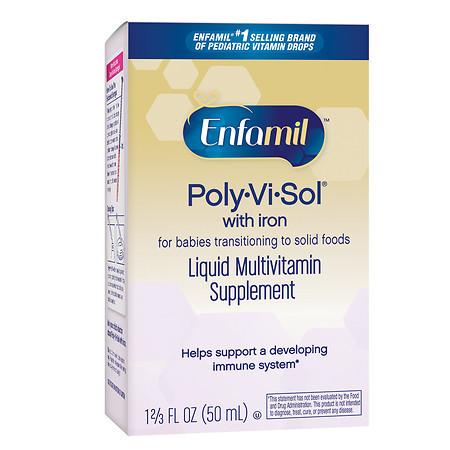 The first should be taken only in winter or if you live in northern latitudes where there is little sun. In summer, this is not necessary, but you need to walk a lot so that the baby spends time in the sun. This substance is responsible for the proper development of bones and the content of essential minerals in them. It is necessary to eliminate the risk of diseases of the musculoskeletal system. A deficiency can even lead to softening of the bone tissue. For its trouble-free formation, the fetus in the womb must receive vitamin D. Hence the recommendations of obstetrician-gynecologists about frequent walks for pregnant women.
The first should be taken only in winter or if you live in northern latitudes where there is little sun. In summer, this is not necessary, but you need to walk a lot so that the baby spends time in the sun. This substance is responsible for the proper development of bones and the content of essential minerals in them. It is necessary to eliminate the risk of diseases of the musculoskeletal system. A deficiency can even lead to softening of the bone tissue. For its trouble-free formation, the fetus in the womb must receive vitamin D. Hence the recommendations of obstetrician-gynecologists about frequent walks for pregnant women.
Approximately the same pathology will cause a lack of calcium. You can replenish its quantity not only by taking supplements, but also by proper nutrition with an abundance of cheese, cottage cheese and, of course, milk. Calcium-rich green vegetables, pumpkin, sesame seeds.
If you do need to take a vitamin supplement, do it right. So, doctors advise to be careful with the supplement of D3 in the active form.
Vitamin C is involved in the synthesis of collagen, which is responsible for the formation of connective tissue. It also affects the growth process and the maintenance of a satisfactory state of health during the season of colds and viruses. But you also need to be careful when giving it to small children. Some additives are acidic and can irritate the stomach.
Folic acid is another micronutrient that is prescribed from early pregnancy. It is needed for DNA replication and the formation of new cells.
Children 2-12 years old
At this age, not only physical but also mental development takes place. From the age of 10, the hormonal background gradually begins to change. A growing body needs complete proteins, carbohydrates and the same substances as in infancy.
You will need the whole complex of B vitamins, but only if the child is picky about food and does not consume all foods: fruits, vegetables, cereals, beans, nuts. Those who lean on soda and sweets, and avoid healthy dishes, should introduce supplements with these vitamins into the diet.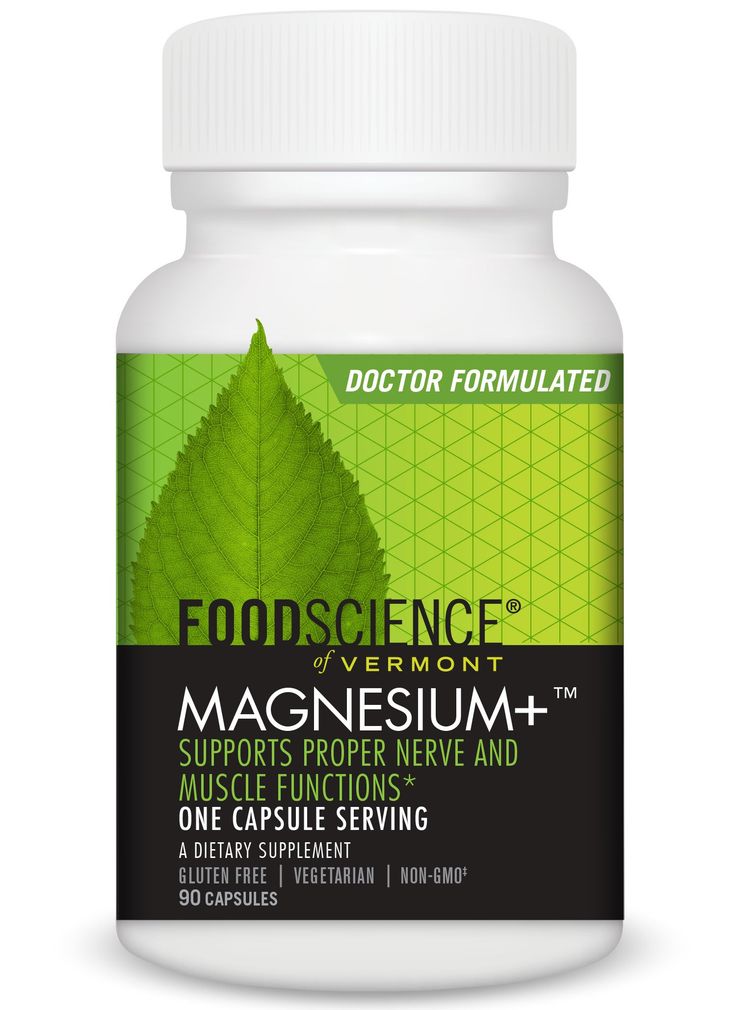 They are needed for the formation and development of the nervous and hormonal systems.
They are needed for the formation and development of the nervous and hormonal systems.
Small-calves who don't want to eat fish need a complex with Omega-3, DHA and EPA. They are responsible for the health of the cardiovascular, immune and nervous systems, brain, eyes and other organs. These substances are especially useful in the symptoms of ADHD in combination with other agents.
Adolescents 12-18 years old
This period is characterized by rapid sexual development. Hormonal changes are manifested in changes in the body and psyche of the child. Girls at this stage of growing up need iron, especially those who have a menstrual cycle. Omega-3s will have a positive effect on the ability to concentrate and mood during the training period.
B vitamins are essential for both girls and young people. If the nutrition of a teenager is unbalanced, they will support the nervous system and will contribute to the process of growth and further development.
Senior schoolchildren have a high need for calcium and magnesium.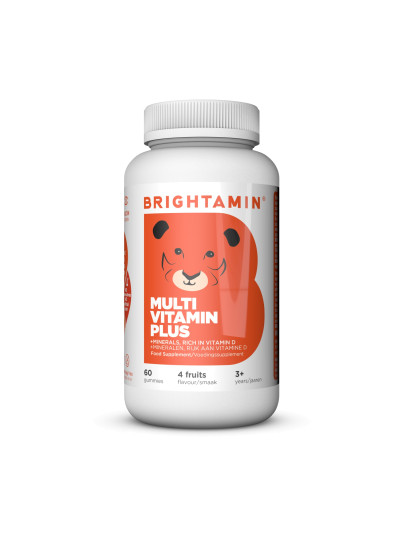 Their bones continue to develop and grow stronger, they need nourishment. However, zinc supplements, which have been very popular lately, should only be taken when a teenager has medical problems. Medicines are prescribed by a doctor.
Their bones continue to develop and grow stronger, they need nourishment. However, zinc supplements, which have been very popular lately, should only be taken when a teenager has medical problems. Medicines are prescribed by a doctor.
Do children need nutritional supplements?
- Photo
- EDOUARD SICOT FOR PSYCHOLOGIES FRANCE)
To grow well and sleep better, be more energetic and less aggressive, increase the ability to concentrate and reduce anxiety, have strong bones and good brains ... According to dietary supplement manufacturers , Dietary supplements compensate for the lack of vitamins and microelements caused by malnutrition of modern children. But maybe it's enough just to put things in order in the children's plate? “Complete nutrition is the best for children's health,” says Yuri Kopanev, pediatric gastroenterologist, candidate of medical sciences.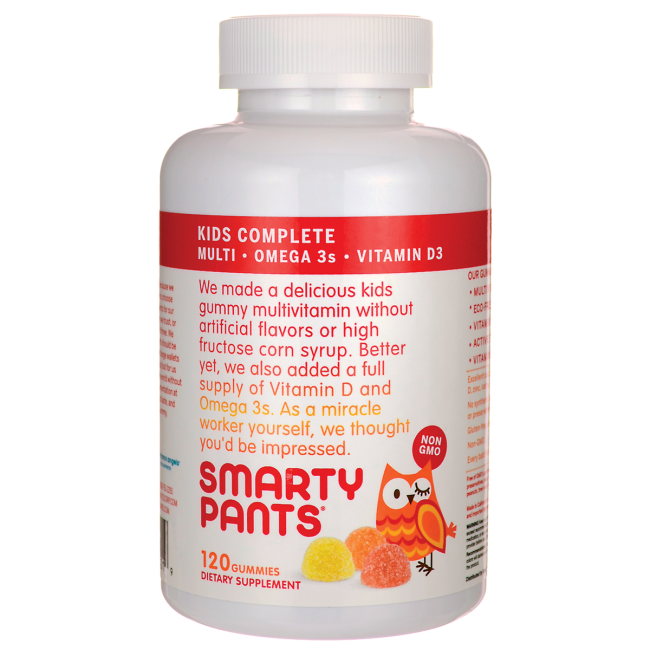 – But to see what an abyss separates the ideal from reality, it is enough to study how a child eats at home and in the school cafeteria: french fries, sausages, sandwiches, mashed potatoes, meatballs… Russia has adopted a national program to support healthy eating, but it is not easy to change the situation ".
– But to see what an abyss separates the ideal from reality, it is enough to study how a child eats at home and in the school cafeteria: french fries, sausages, sandwiches, mashed potatoes, meatballs… Russia has adopted a national program to support healthy eating, but it is not easy to change the situation ".
Fashion omega and others
First of all, Russian children lack iron, vitamin D, iodine, fluorine, and the essential omega-3 fatty acid. A clinical study published in the American medical journal Pediatrics* shows for the first time how omega-3s affect a child's behavior: they become less excitable and anxious, and they learn to read and write more easily. Vitamin D and iodine improve metabolism, sleep and appetite, iron and trace elements prevent anemia, strengthen the immune system, and fluoride protects teeth from caries.
How to create a children's menu
“The main thing is that it should be varied, that is, contain all types of products in sufficient quantities,” says Yuri Kopanev. “These generally accepted official recommendations are only advice. We list only an approximate list of products that are necessary in the diet of a child of 6-12 years old.
“These generally accepted official recommendations are only advice. We list only an approximate list of products that are necessary in the diet of a child of 6-12 years old.
- Dairy products (kefir, yogurt, cheese, fermented baked milk, etc.) - from 200 to 600 g per day.
- Fats: butter - 5-10 g; vegetable oil - 10-15 g.
- Vegetables and fruits - at least 300 g per day.
- Meat or fish - at least 150 g per day.
- Cereal bread.
- Eggs: 1 chicken or 2-3 quail 4 times a week.
Yu. K.
- Photo
- EDOUARD SICOT FOR PSYCHOLOGIES FRANCE)
“The main source of omega-3 is fresh fish, vitamin D - fish oil, iodine - algae and sea fish, - says Yuri Kopanev. “However, our children eat these foods relatively infrequently. That is why the deficiency of nutrients should be compensated for with special supplements that are sold in pharmacies.
So, doctors recommend taking vitamin D for all children under two years of age, and if necessary, children are prescribed multivitamin complexes. A relatively new product is OM3 Junior capsules, which contain an omega-3 polyunsaturated fatty acid. Iron supplements are prescribed for children with anemia (decreased hemoglobin in the blood). As for fluorine, it all depends on how the child eats, what kind of water he drinks, whether he uses iodized and fluoridated salt, whether he brushes his teeth with fluoride-containing paste. Some children are additionally recommended fluorine tablets.
Fortified foods
According to the French nutritionist Thierry Souccar, even carefully following the recommendations for a healthy diet, it is impossible to get rid of the deficiency of all nutrients. Yuri Kopanev agrees with him. “Just in order to get closer to the ideal situation, manufacturers improve the quality of products by enriching them with various “additives”. So, vitamins B1, B2 and PP, iron are added to flour, pasta, bread and rice.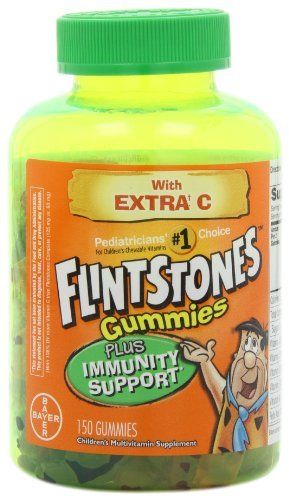 Dairy products and margarine are enriched with vitamins A and D, fruit juices and drinks, sausages and canned meat - with vitamin C. Plant extracts are also used for these purposes, which, on the one hand, flavor and give the products an appetizing look, and on the other hand, vitaminize them , because they have the properties necessary for this (antioxidant, stabilizing and therapeutic and prophylactic).
Dairy products and margarine are enriched with vitamins A and D, fruit juices and drinks, sausages and canned meat - with vitamin C. Plant extracts are also used for these purposes, which, on the one hand, flavor and give the products an appetizing look, and on the other hand, vitaminize them , because they have the properties necessary for this (antioxidant, stabilizing and therapeutic and prophylactic).
In Russia, plant extracts are used to enrich yogurt, margarine, light butter, mayonnaise and processed cheeses with vitamins B, A, E.
Not a single pill...
Some experts who criticize the very principle of prescribing nutritional supplements to children are concerned about the prospect that people will prefer not to change their eating habits, but will rely on supplements to compensate for the lack of nutrients. In their opinion, such behavior is as absurd as giving vitamin C to a naked child so that he does not catch a cold. So what do proponents of nutritional supplements say? Thierry Sukkar considers dietary supplements nothing more than health assistants and urges not to choose between supplements and nutrition.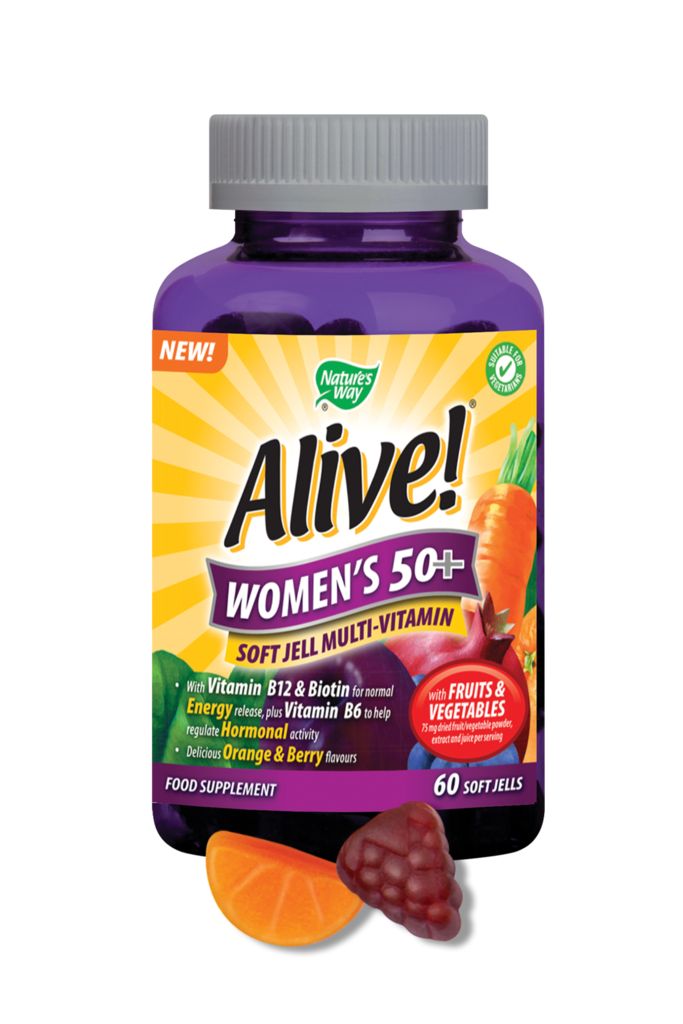
Does my child need it?
What is dietary supplement
Biologically active additives are compositions of natural or identical to natural biologically active substances. Some dietary supplements are added to food, and some come to our table in the form of so-called enriched foods. Why take dietary supplements? To make the diet more saturated with individual food or biologically active substances and their complexes. Dietary supplements intended for children include products with probiotic and prebiotic activity, that is, they maintain a normal balance of intestinal microflora, as well as vitamins and other useful substances that, for one reason or another, do not get enough into the body with food. 9E. Sh. We eat too much animal fat, sugar and salt, we lack complete animal proteins, dietary fiber (fiber) and starch.
“We all need additional sources of nutrients, taking into account environmental problems and the way everything that comes to our table is grown, processed and cooked,” says Yuri Kopanev.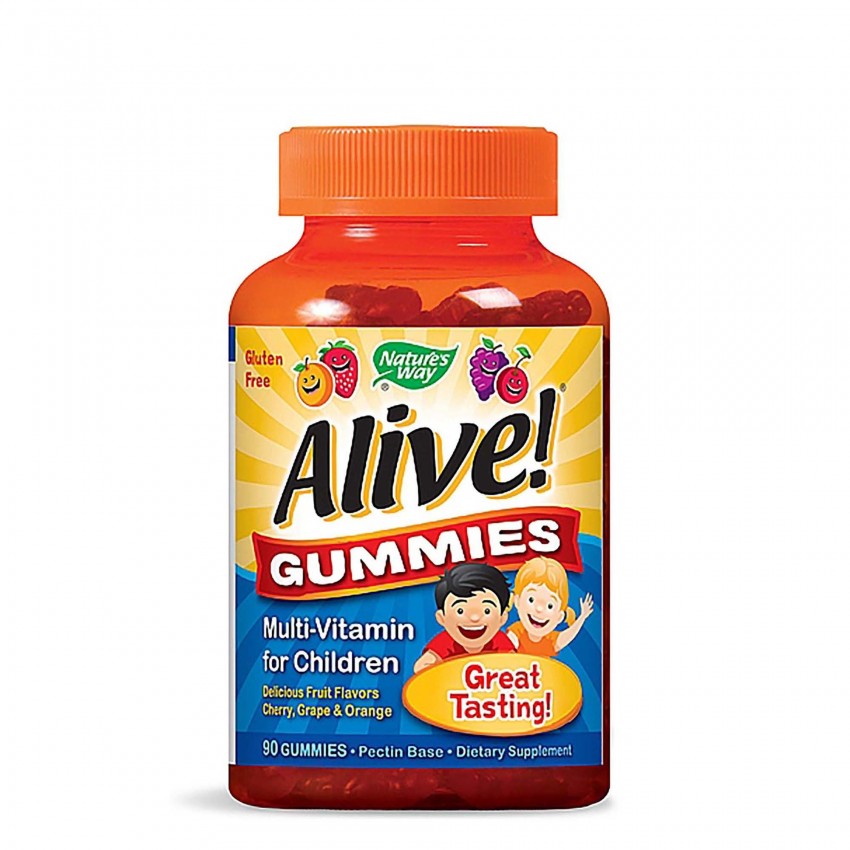 “This is the cause of the “main” diseases of our time: allergies, dysbacteriosis, obesity (in school-age children it occurs in 25-30% of cases), problems with the immune system.”
“This is the cause of the “main” diseases of our time: allergies, dysbacteriosis, obesity (in school-age children it occurs in 25-30% of cases), problems with the immune system.”
How is the deficiency of vitamins and minerals manifested in a child? As a rule, such children get tired more than usual, are unnecessarily nervous, and have poor concentration. “If you notice something like this, consult a doctor: after studying the child’s history (sleep, nutrition, past illnesses), having received the test results, the doctor will determine which substances he needs,” Yuri Kopanev concludes.
Safety issue
“High-quality nutritional supplements, the production of which is carefully controlled, do not pose a health hazard,” Yuri Kopanev explains. “But you have to be careful with self-treatment. The use of dietary supplements should be targeted, limited in time and meet real needs. If a child takes too much magnesium or vitamin C, the excess will be excreted in the urine. Cases of an overdose of omega-3 are unknown, and in order to overdo it with vitamin D, its amount must be increased three times (in the second year of a child's life in autumn, winter and spring, the norm is three to four drops of an aqueous solution). An overdose of fluoride causes small marks on the teeth (dental fluorosis). Excessive intake of fat-soluble vitamins (in addition to vitamin D, these include vitamins A and E) can also harm. Therefore, it is better to coordinate the use of such supplements with a doctor.
And yet: to give or not to give dietary supplements to children? From the standpoint of pragmatists, it is worth adapting to reality more flexibly and compensating for the shortcomings that our time brings with it. From the position of the idealists, a real solution to the problem requires a complete change in attitude to the diet. And only one thing is known for sure: dietary supplements should not be opposed to proper, healthy nutrition.
* Pediatrics, vol.